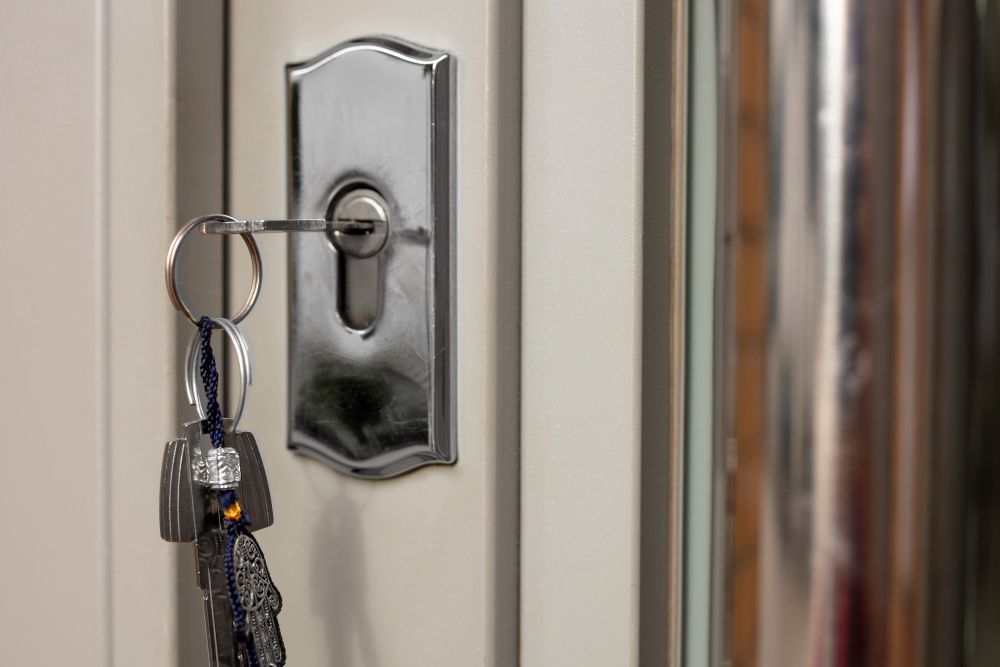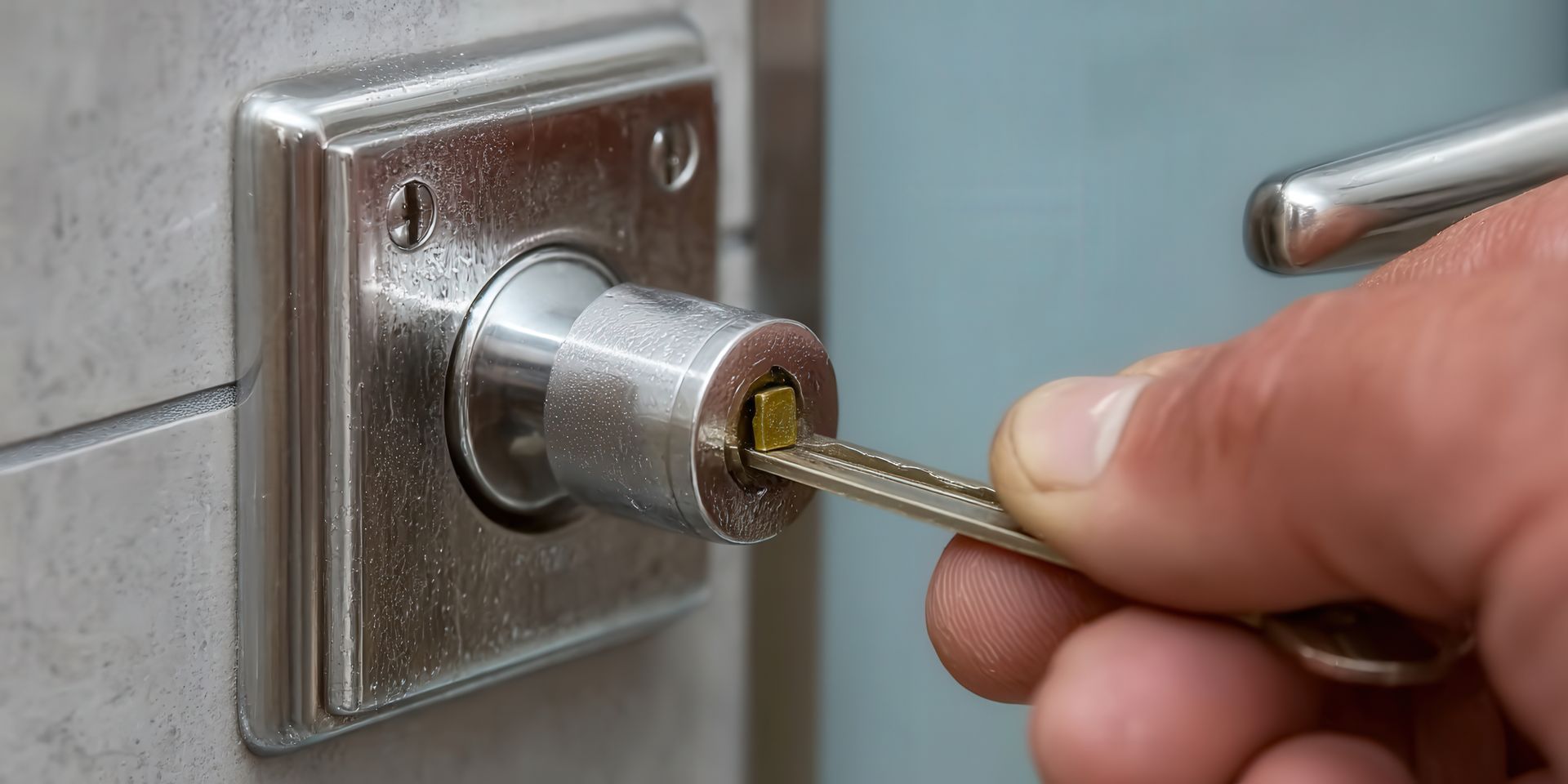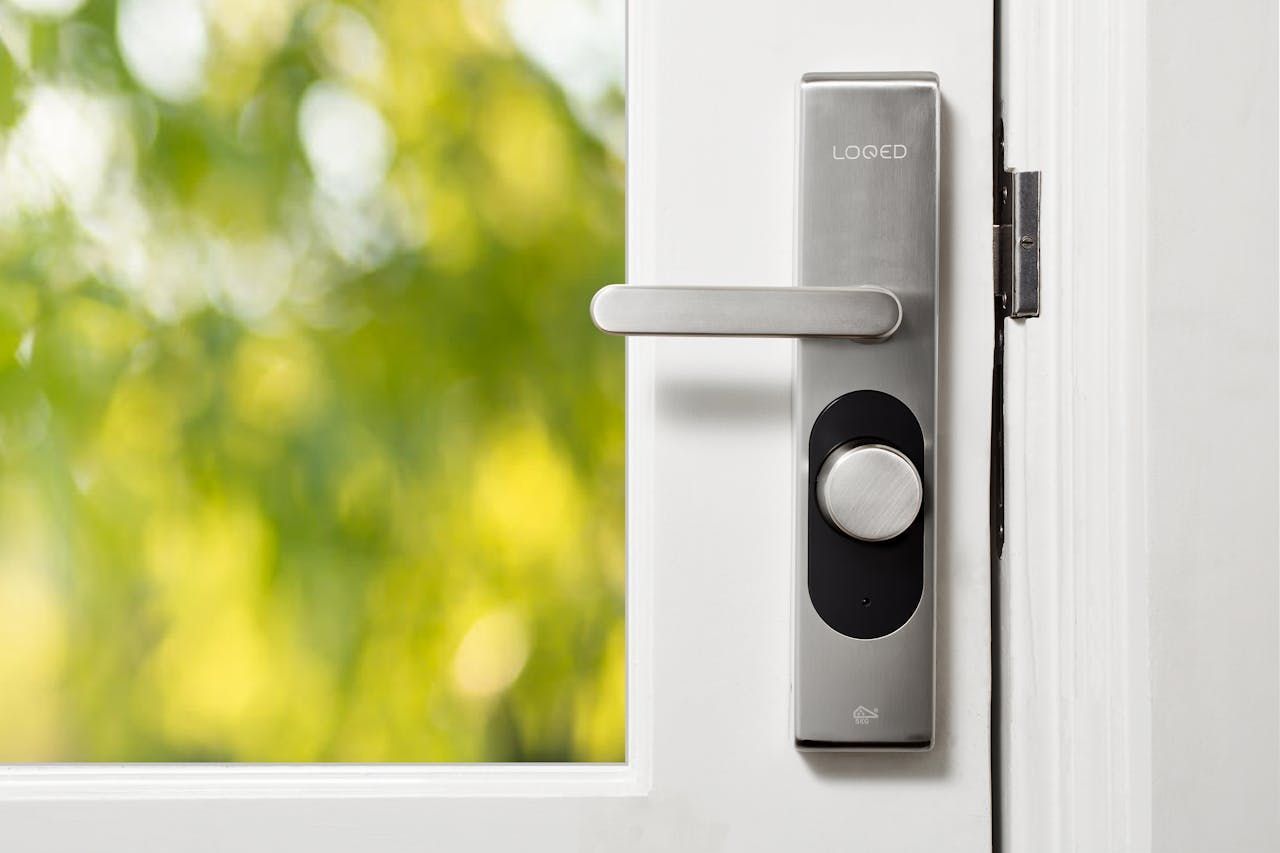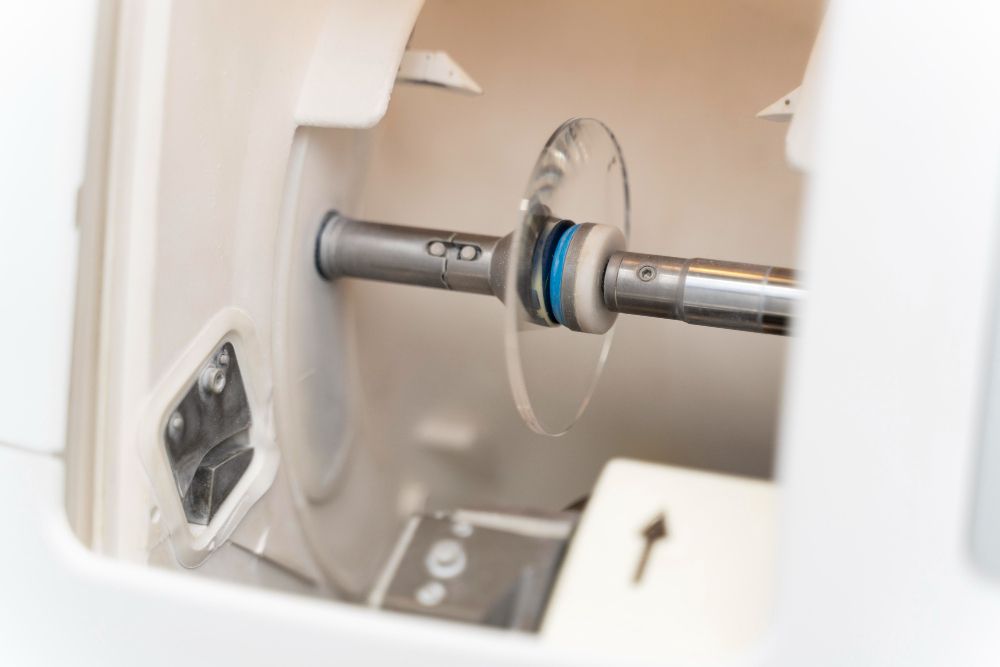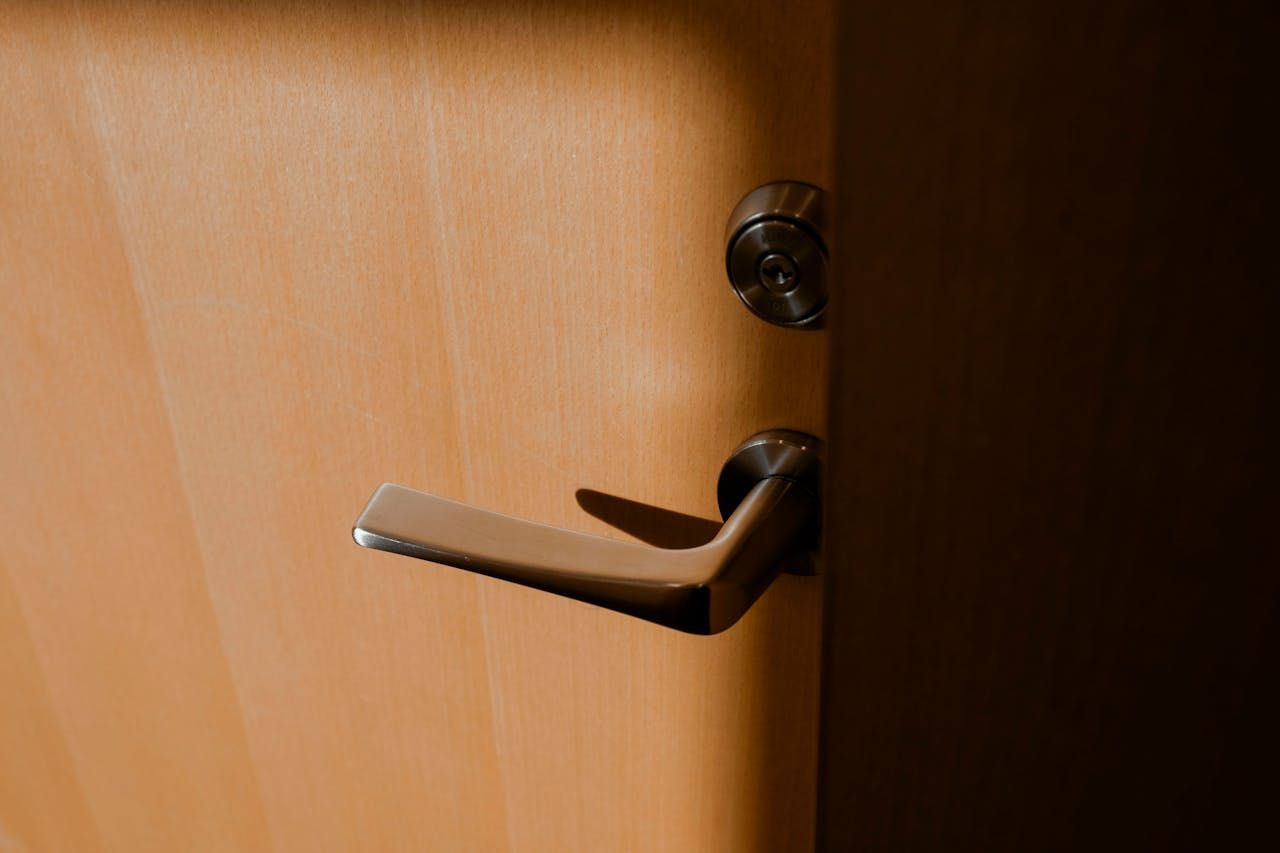Top Tips for Automotive Lock Maintenance (and When to Call a Mobile Locksmith)
November 3, 2025
If you’ve ever jiggled your car key in the ignition or fought a frozen door lock on a cold Murray morning, you already know how easy it is to overlook one of your vehicle’s most important security features—the locks. Car locks are built to withstand years of use, but weather, dirt, and wear eventually take their toll.
For drivers in Murray, UT, keeping automotive locks in good shape isn’t just about convenience—it’s about preventing costly lockouts, damaged ignitions, and security risks. In this blog, we’ll explore practical ways to maintain your car’s locks and key systems, explain when DIY solutions make sense, and highlight the signs that it’s time to call a mobile locksmith for help.
Understanding Automotive Lock Maintenance
Before you can maintain your car’s locks effectively, it helps to understand how they work and what typically causes problems.
Common Components of Car Lock Systems
Automotive lock systems have several key parts that require care:
- Door locks: Can be manual or electronic; they’re exposed to dust, rain, and temperature changes.
- Ignition locks: Receive the most frequent use and are prone to wear from worn keys.
- Key fobs and remotes: Depend on batteries and internal circuitry that may degrade over time.
- Trunk and hatch locks: Often ignored until they seize or rust, especially in vehicles stored outdoors.
Each component interacts with the others—so neglecting one can affect the whole system.
Common Causes of Lock Problems
There are a few predictable reasons car locks fail or become unreliable:
- Dirt and debris buildup: Dust and grime inside lock cylinders cause sticking or misalignment.
- Corrosion: Utah’s winter salt and moisture lead to internal rust and frozen locks.
- Worn keys: Keys eventually lose their precision, leading to poor fits and extra stress on lock tumblers.
- Electronic failure: Fob batteries or transponder chips fail, cutting communication between key and car.
- Forced entry attempts: Even minor prying or tampering can misalign pins or damage lock housings.
Preventive Tips for Keeping Your Car Locks in Top Shape
Taking care of your locks doesn’t require special tools—just regular attention. Here are practical tips to keep your vehicle’s locks reliable and responsive.
1. Keep Locks Clean and Lubricated
Over time, dust and grit accumulate in keyholes and around door mechanisms. Use a dry graphite lubricant or silicone-based spray every few months. Avoid oil-based products—they attract more debris and can gum up the tumblers.
2. Inspect Keys for Wear
Worn or bent keys cause excessive friction inside the lock. If your key no longer slides smoothly, have a new one cut from the original code rather than duplicating a worn version.
3. Replace Key Fob Batteries Annually
Weak batteries are a common reason keyless systems stop working. Replace the battery once a year, and reprogram your fob if it loses signal range or intermittently fails.
4. Protect Locks from Weather
During Murray winters, moisture can freeze in locks overnight. Use a lock de-icer or keep graphite lubricant handy. Avoid pouring hot water—it can refreeze and worsen the problem.
5. Don’t Force the Key
If your key feels tight, stop immediately. Forcing it can break the key inside the cylinder or damage the ignition. Instead, gently wiggle the key while turning, or call a locksmith to inspect the issue.
6. Maintain the Ignition Lock Cylinder
Keys that stick or refuse to turn in the ignition are often early warning signs of wear. Keeping the ignition clean and periodically lubricated can prevent costly repairs later.
7. Duplicate Keys Before You Lose Them
Always have a working spare key. Modern laser-cut and transponder keys can take time to replace—especially if you lose all copies.
When to Call a Mobile Locksmith
Sometimes, even the best maintenance can’t prevent every issue. Knowing when to call a professional can save you from bigger problems later.
1. Key Won’t Turn or Is Stuck
If your key doesn’t turn smoothly or gets trapped in the ignition, stop using it immediately. A mobile locksmith can extract the key, repair the cylinder, or replace it on-site.
2. Frozen or Rusted Door Locks
If your car doors refuse to open due to ice or corrosion, a locksmith can safely defrost and lubricate the mechanism without causing internal damage.
3. Broken or Lost Keys
Mobile locksmiths can create and program replacement keys on the spot, even for transponder or push-to-start vehicles. This saves you the cost and delay of towing your car to a dealership.
4. Malfunctioning Key Fob
If your remote entry or smart key stops working despite new batteries, a locksmith can test the circuit, reprogram it, or provide a replacement.
5. After a Break-In or Attempted Theft
If someone has tried to force your locks or ignition, it’s crucial to have them inspected and repaired immediately. Locksmiths can restore proper alignment and upgrade your vehicle’s security.
FAQs
How often should I lubricate my car locks?
Every three to six months is ideal, especially before and after winter in Utah. Regular lubrication prevents sticking and corrosion.
Can I use WD-40 on my car locks?
It’s not recommended. WD-40 is oil-based and leaves residue that attracts dust. Choose a graphite or silicone-based lubricant instead.
What should I do if my key breaks inside the lock?
Don’t try to pull it out with pliers—it can push the fragment deeper. Call a mobile locksmith for safe extraction and key replacement.
Why won’t my key turn even though it’s the right one?
A worn key or damaged cylinder could be the cause. Sometimes, steering wheel lock pressure also prevents turning—try gently moving the wheel as you turn the key.
Is it cheaper to call a locksmith or go to the dealership?
A local mobile locksmith is almost always more affordable and faster for key duplication, ignition repair, and emergency lockouts.
Conclusion
Your car’s locks and keys might not seem like a big deal until they stop working—but regular maintenance can prevent most issues. Clean and lubricate locks, replace batteries in key fobs, and stay alert to signs of wear.
When trouble strikes, don’t wait. A qualified mobile locksmith in Murray, UT can come to your location, repair locks or ignitions, program new keys, and keep your vehicle secure without towing or downtime.
Keeping your automotive locks in top condition means fewer surprises, less stress, and more confidence every time you turn the key.
